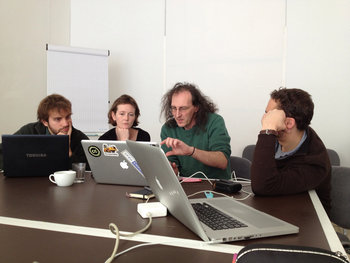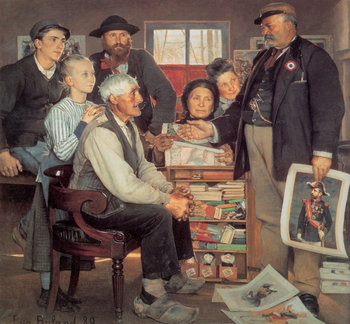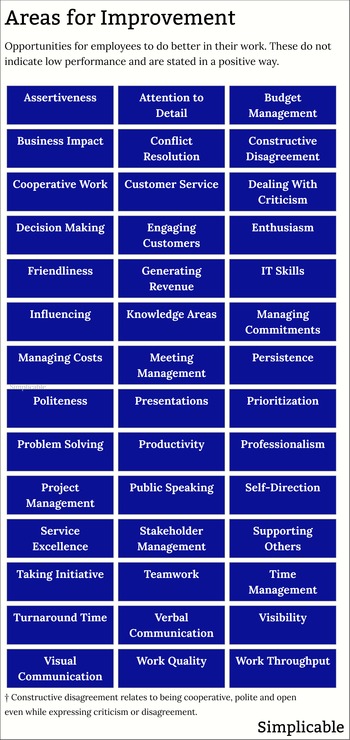
The Future is Laughing at Us
Ancient Roman aqueducts were lined with lead. We know now that lead is a potent neurotoxin. Lead is such a poor choice for water delivery, that such infrastructure seems almost comical from a modern viewpoint. Several historians have proposed that lead poisoning may have contributed to the decline of the Roman Empire.It is likely that current environmental practices that contaminate air, water and soil with known toxins will seem strange to the future. It is possible that our failings as an age will be explained by the cognitive effects of such pollutants. For example, pollution may have health impacts beyond those we currently understand.Likewise, today's science, technology, social values and practices will seem primitive to the future, perhaps comically so.Half-Life by Subject
The half-life of ideas analogy isn't completely accurate as some ideas may last indefinitely. The durability of ideas varies from one subject area to the next. Social sciences and psychology are thought to have a short half-life whereby half the accepted ideas change every 5 or 10 years. In areas such as technology, half-life may be even shorter. The half-life of scientific knowledge is considerably longer, perhaps 50 to 100 years. In areas such as philosophy, ideas thousands of years old continue to endure.| Overview: Half-life Of Knowledge | ||
Type | ||
Definition | The time it takes for half of the well accepted ideas of today to be disproven or made obsolete. | |
Value | Understanding how fast ideas change in a particular field, profession or industry. | |
Related Concepts | ||






























